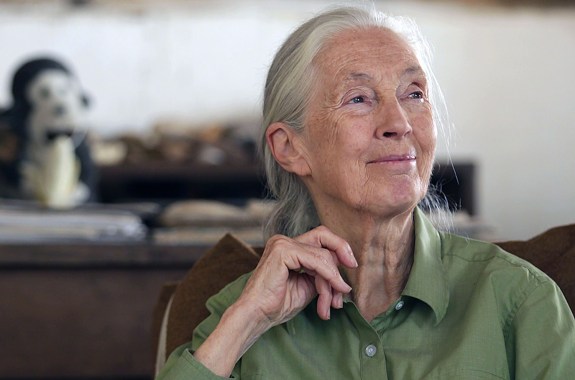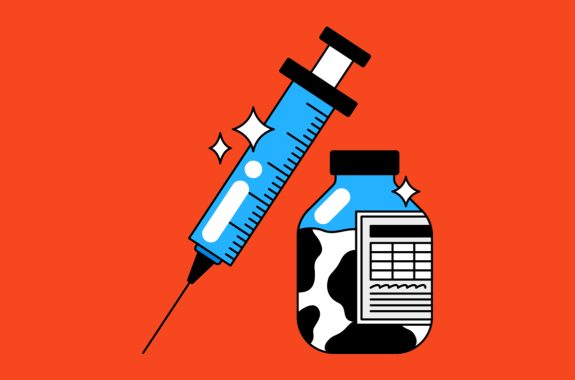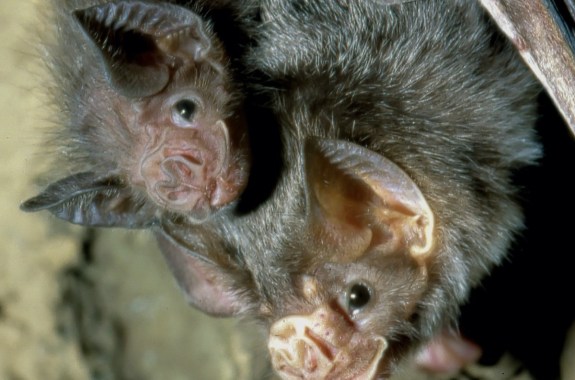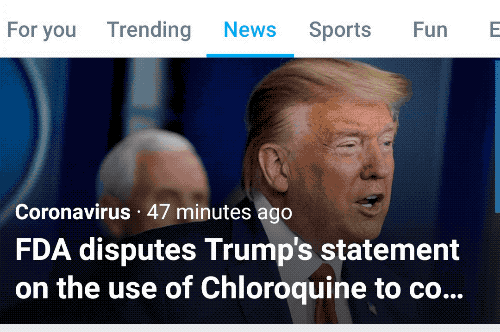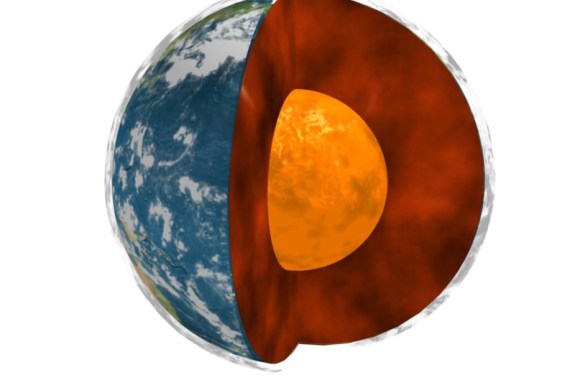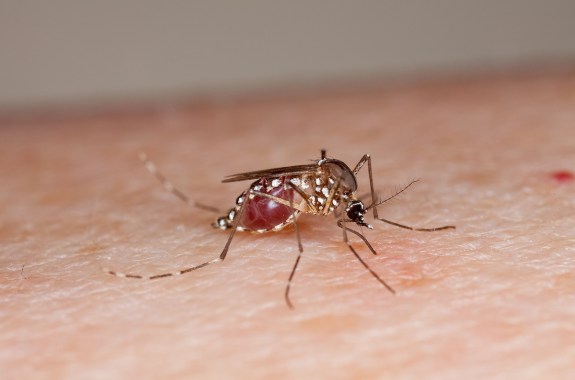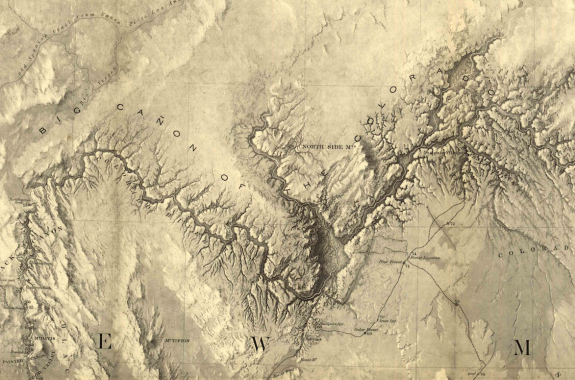John works with the radio team to create our weekly show, and is helping to build our State of Science Reporting Network. He’s also been a long-time guest host on Science Friday.
He and his wife have three cats, thousands of bees, and a yoga studio in the sleepy Northwest hills of Connecticut.
John likes building radio collaborations. He helped bring together 18 stations across the Northeast to cover environmental issues, which eventually led to the New England News Collaborative, worked with NPR on their Collaborative Coverage Project, and with the national talk program America Amplified.
For 25 years, John oversaw news programming at WNPR, where he started the daily talk show, Where We Live. He’s also produced award-winning long-form documentaries on mental health and care for the elderly, and hundreds of short stories for NPR and public radio stations, including one about virtual reality in dentistry that’s actually pretty embarrassing to listen to now.
You can also see him doing live events for The Connecticut Mirror, The Connecticut Forum, and The International Festival of Arts & Ideas.
John grew up in Pittsburgh, and is as big a Mr. Rogers fan as you’ll find anywhere.
12:26
A New World, Shaped By COVID-19
A roundup of the COVID-19 stories that will define the “new normal,” including tracking spread through smartphone location data and ventilator triage.
27:09
Jane Goodall Reflects On 60 Years Of Research And Conservation
Jane Goodall on her research in the Gombe, and the need for hope and cooperation in the modern world.
6:07
The New ‘Science Diction’ Podcast Brings You: Vaccine
Here’s what cows have to do with your yearly flu shot.
12:27
What Can Vampire Bats Teach Us About Socializing In A Pandemic?
Illness changes how these small mammals interact. An expert says it’s not so different from how people are socializing amidst the coronavirus.
16:30
Poetry Wields Science In ‘Unaccountable’ Times
Poet Jane Hirshfield takes on crises both biological and human in her new book “Ledger.”
16:57
Fact-Checking Your Coronavirus News Feed
Experiencing COVID-19 information overload? Two experts offer clarity on the studies taking over news headlines this week.
7:44
In Trump’s State Of The Union, A Promise To End AIDS—But Silence On Climate Change
President Trump said he wants to end the spread of HIV in the U.S. by 2030. But he stayed silent on climate change.
10:08
The Earth’s Core Might Be Younger Than Scientists Thought
The Earth’s inner core was once molten liquid and then solidified. New research suggests that may have happened much more recently than we thought.
11:57
Putting Mosquito-Borne Illnesses On A Diet
New research finds that the same pathways in the brain that control human hunger can shut down a mosquito’s interest in biting you.
17:32
Exploring The Grand Canyon, Through Maps
A project aims to collect and organize maps of the iconic park to help tell its geologic and cultural stories.

